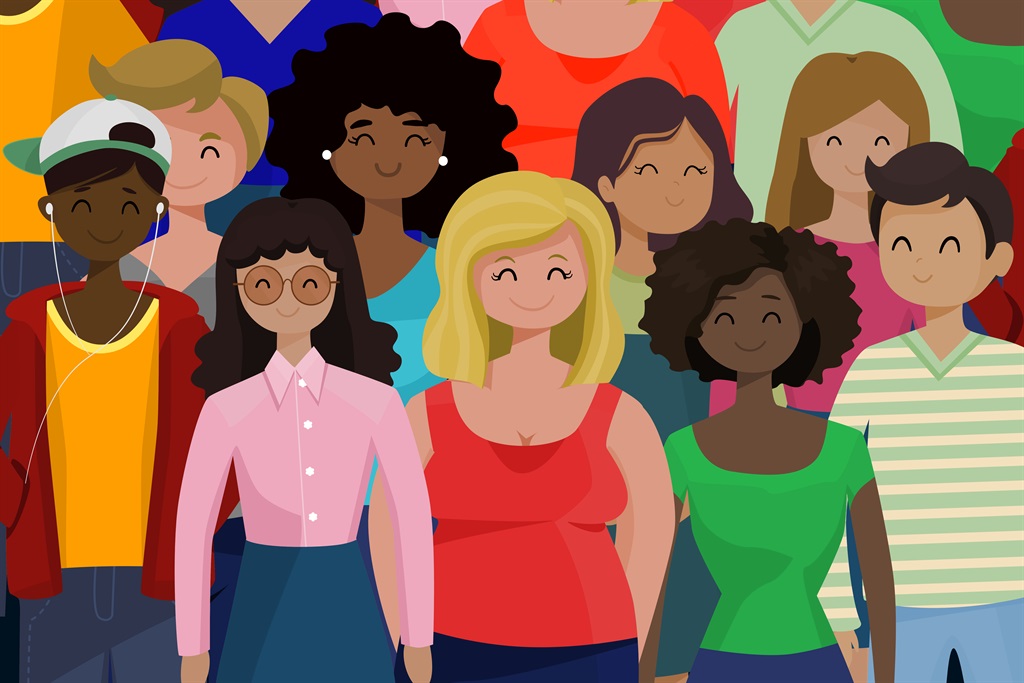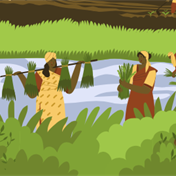
- It is reported that it may take close to 300 years before gender equality is achieved.
- But initiatives that help women have more power in their lives and thrive despite abuse can help in bettering their lives.
- One of the initiatives instrumental in this regard is the#EndDomesticSilence initiative being run by tea brand Joko in partnership with People Opposing Women Abuse.
- A beneficiary of the initiative says it's not only helping her provide for her family but also helping rebuild her self-esteem.
One in three women and girls experience physical or sexual violence in their lifetime, most often by an intimate partner and this number has essentially remained unchanged for the last decade.
A new study by UNODC and UN Women shows that, on average, more than five women or girls were killed every hour by someone from their own family in 2021.
Moreover, the United Nations reports that less than 40% of women who experience violence seek help of any sort.
At the current rate of progress, it may take close to 300 years to achieve full gender equality, the Progress on the Sustainable Development Goals (SDG): The Gender Snapshot 2022 shows. Global challenges, such as the Covid-19 pandemic and its aftermath, violent conflicts, climate change, and the backlash against women’s sexual and reproductive health and rights are further exacerbating gender disparities.
But there are initiatives that can edge us closer to equality. One such example is the #EndDomesticSilence initiative being run by tea brand, Joko, in partnership with People Opposing Women Abuse (POWA).
READ MORE | Can I sue the SAPS for negligence as a sexual violence survivor? Experts weigh in
Through this nationwide initiative that has been operating since the start of 2022, survivors of abuse are being taught make-up application, wig-making, nail installation and eyelash extension, learning to drive, and attaining sewing, baking, computer and HIV lay-counselling skills.
A 32-year-old woman from Tembisa is just one of the survivors who benefitted from the initiative. She is earning an income through doing acrylic nails for various clients in her community from her home.
“Before I started my business of doing nails, I wasn’t working, so I’m really grateful I’m now making some money to support myself and my child," she says. Her new skills are also helping her rebuild her self-esteem, which was damaged by the abuse she suffered from her ex-husband.
"He swore at me and said hurtful words to me. He dominated our conversations and wouldn’t let me have my own views and opinions. He sometimes slapped me, even when I was pregnant.
"Running my own business means I have more time to do what I want, because I’m not tied to a desk. I’m not controlled by anyone and can make and action my own decisions on how I want things to prosper."
She says her dream is to eventually open her own salon.
READ MORE | Exploring perceptions of the drivers of GBV through performance
Another woman, a 26-year-old from Umtata, who received counselling from the Umtata Women’s Support Centre in the Eastern Cape, is now also making money with her beaded products - including watches, earrings, bangles, necklaces and head beads for men with their clan names embellished on them.
"I’m now selling beaded necklaces, bangles and watches to members of my community. I’m grateful for my new skill, which is the only skill I have. Before I started selling products, I wasn’t really working. I sometimes did people’s laundry, and I’m grateful that I’m now busier than before. I really like mixing colours and being creative with my beadwork."
She plans to extend her offerings by learning to sew beads onto clothes.
READ MORE | Time to roll up our collective sleeves to fight GBVF in the workplace
"By being empowered to earn money, women are better able to support themselves and their children,” says Mpho Masilo, POWA’s projects and training manager.
"This way, they are more likely to end their silence and speak out about abuse - rather than stay in abusive relationships - because they are economically independent. They are also at reduced risk of being lured by fake employment opportunities that put them in danger."
By the end of the year, 300 gender-based violence (GBV) survivors would have been trained.
If you're being abused and want to connect with a counsellor, you can contact the following organisations:
• POWA on (011) 642 4345/6 or (011) 591 6800 (available from 8:3o to 16:30 from Monday to Friday) or 076 694 5911. WhatsApp POWA on 060 400 0669 (available from 8:30 to 16:30 from Monday to Sunday). You can also email counselling@powa.co.za.
• Contact ADAPT on 011 885 3332 / 011 786 6608 or email adapt@worldonline.co.za
• Contacts TEARS foundation on *134*7355# (Free) or contact TEARS on 010 590 5920 (24/7)
• Contact the #GBV Command Centre on 0800 428 428 for counselling services 24/7.




 Publications
Publications
 Partners
Partners












